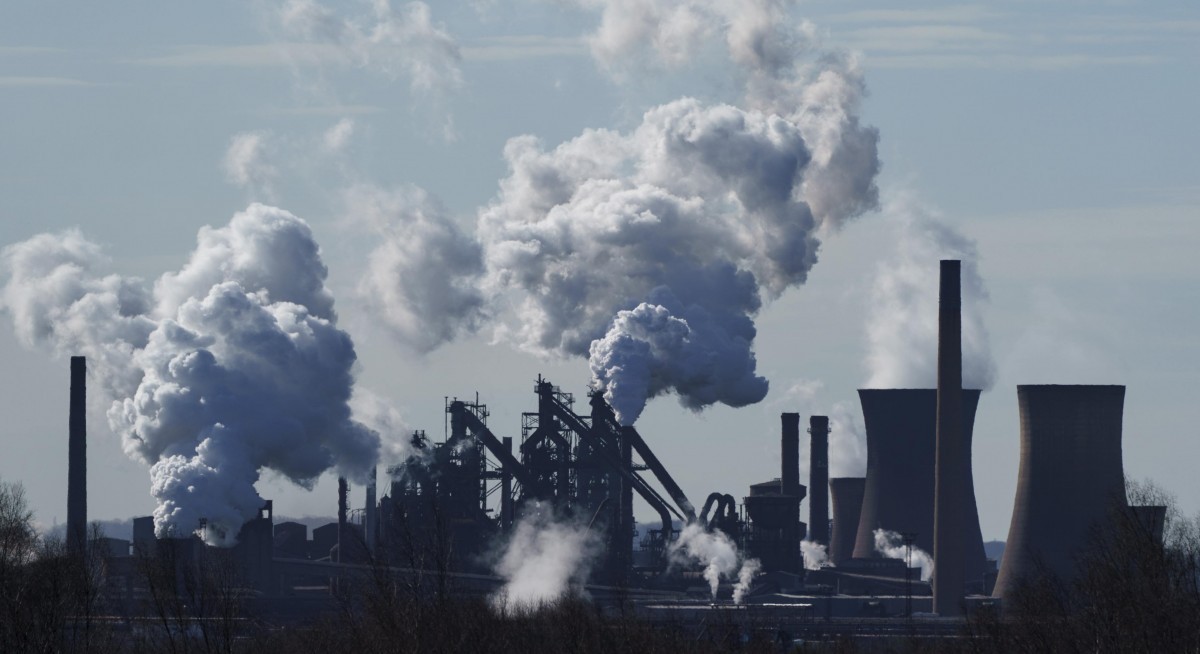However, non-Straits Times Index (STI) constituents with market capitalisations of $1 billion and above, will report other International Sustainability Standards Board-based (ISSB-based) climate-related disclosures (CRD) from FY2028 instead of FY2025 previously. Non-STI constituents with market capitalisations of below $1 billion will have till FY2030 to report other ISSB-based CRD instead of FY2025 as well.
Meanwhile, the reporting for other ISSB-based CRD will remain the same for STI constituents at FY2025.
Under the revised timeline, non-STI constituents will report their Scope 3 GHG emissions on a voluntary basis, compared to their previous timeline of FY2026. There will be no change to the timeline for STI constituents.
Finally, instead of the FY2027 deadline for external limited assurance for Scope 1 and 2 GHG emissions, all listcos - STI constituents and non constituents will have till FY2029 to obtain external limited assurance.
At the same time, large non-listed companies will have till FY2030 to report their ISSB-based CRD, which includes Scope 1 and Scope 2 GHG emissions from FY2027 previously. Scope 3 GHG emissions remain voluntary till further notice. The previous wording simply stated that Scope 3 GHG emissions were voluntary but stated that it should be "no earlier than FY2029".
These same large non-listed companies will have till FY2032 to report their external limited assurance for Scope 1 and Scope 2 GHG emissions from FY2029 before.
According to the joint release, the extension takes into account the uncertain global economic landscape and feedback considering the “varying levels of resources and readiness in climate reporting”.
See also: Corporate governance advocate Mak Yuen Teen launches new body to raise board standards
“In particular, the Singapore Business Federation provided feedback that smaller listed companies need more time to be fully ready for ISSB-based CRD,” reads the release dated Aug 25. “The time extension would allow them to build up data collection processes and learn from larger companies who have started to produce ISSB-based CRD.”
The updated requirements mean companies should be better able to balance compliance costs with developing climate reporting capabilities, which are required for the longer term to maintain their place in global supply chains.
Companies should also continue to align their trajectory with Singapore’s net-zero target by 2050, says ACRA and SGX RegCo.
Large non-listed companies will also now have more time to build up their climate reporting capabilities as they will be starting their climate reporting journey later than listed companies.
“High-quality climate-related disclosures are necessary but challenging to produce. We are taking a more targeted and proportionate approach – large companies like STI constituent listed companies have more resources and should take the lead,” says Tan Boon Gin, CEO of SGX RegCo.
“Other companies may require more time which is why we are extending some timelines and continuing with capability building efforts,” he adds. “We will however retain the start-date for mandatory Scope 1 and 2 GHG emissions disclosure as this information is more circumscribed. In making these disclosures, companies will also learn and can prepare for other aspects of reporting that will be mandatory in future.”




